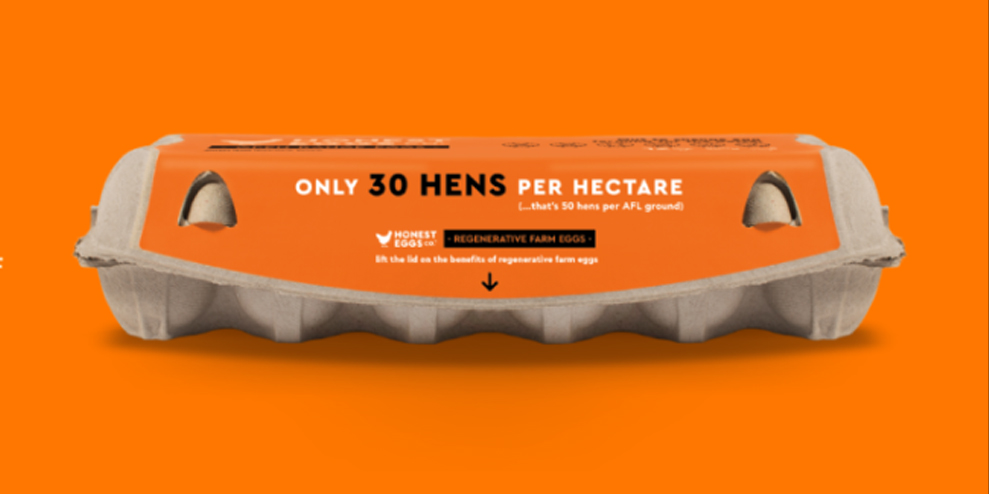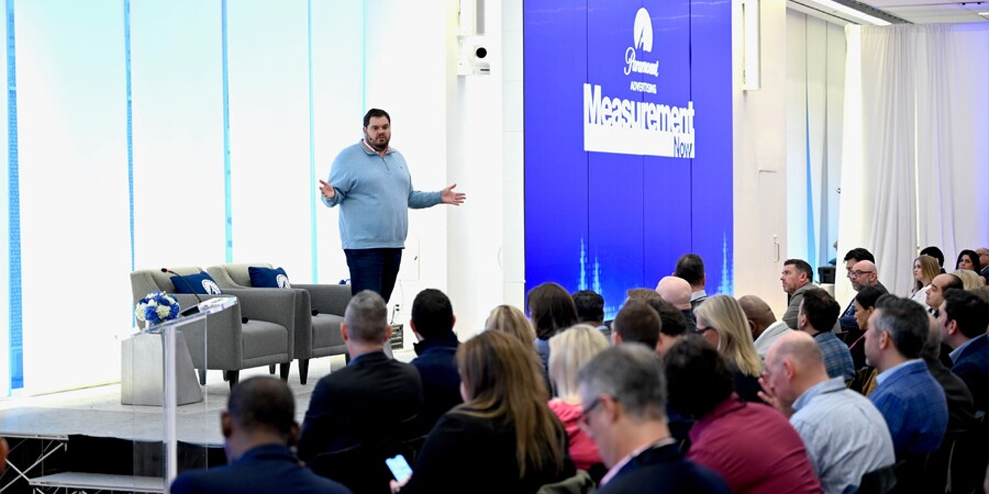Companies strive to assemble ad messages in response to the pandemic
The most common elements of coronavirus advertising are familiar by now: Piano music, images of empty streets, voice-overs that invoke “these uncertain times,” and company promises to be there for consumers.
But that approach is getting repetitive, and risks appearing insincere, some in the ad industry say.
Sean Haney, a digital marketer at a software company, made an ad compilation(refer the Video in this article) called “Every Covid-19 Commercial Is Exactly the Same” after noticing similarities as he worked from home with the television on in the background. “Within about a week, ad nauseam I heard the same things, the same piano music, and felt like these were all derivative,” he said.
The execution is understandable given companies’ fear of striking the wrong tone and the constraints on production during stay-at-home orders, Mr. Haney said. “It’s not so bad,” he said. “It’s only when you see it all at once, all mashed together, you’ve got to say we’ve got to do something different.”
His video has been noticed. “I sent it to all my chief creative officers around the world saying we’re only four weeks into this but this chapter’s been told,” said Susan Credle, global chief creative officer at the ad agency FCB Worldwide Inc., part of the Interpublic Group of Cos .
Marketers have raced to respond to the coronavirus, first by pulling campaigns that it rendered obsolete, and then by creating ads addressing the new circumstances. They are sincere, but moving quickly without the benefit of being able to shoot new creative, Ms. Credle said.
“Not only us, but many categories of advertisers were switching to advertising that clearly demonstrated empathy,” said Fiona Carter, chief brand officer at AT&T Communications, the AT&T Inc. unit that includes its wireless and broadband operations.
Coronavirus ads may picture a lot of empty streets and first responders, but that comes from a good place, Ms. Carter said.
AT&T’s ads also have described its response to the pandemic, such as providing connectivity to temporary hospitals and mobile-testing sites.
When people were asked what they preferred in advertising during the pandemic, only 10% said they wanted marketers to acknowledge the situation or express concern, according to Morning Consult, a data-intelligence company that conducted a survey of 2,200 American adults on March 28 and 29.
The most popular response, from 44% of respondents, was for ads to include information on companies’ service adjustments and updates, including store closures or new online options. Indicating what the advertiser is doing to help during the pandemic ranked second, at 24%.
But consumers are still getting a heavy dose of concern from some brands, and not only on TV. “I did a search in my inbox for ‘uncertain times’ and got more than 50 results,” said Nick Lange, creative director at Nurture Digital Inc., a digital video agency.
“It seems like these companies see an opportunity to start a conversation or gain awareness by acting concerned,” he said.
In response, Mr. Lange and several colleagues made an ad for a fictional browser extension that automatically modifies outgoing marketing emails with phrases like “uncertain times.”
“It feels like there’s a template, like a tragedy template,” said Samantha Geloso, a copywriter in New York who created a parody of coronavirus marketing. “Things are pretty crazy right now,” her spoof ad says. “Maybe you’re a little scared. We are too. Scared of losing sales.”
Marketers and agencies would do best if they focused on solving problems and left most of the messaging for another day, Ms. Geloso said. She pointed to the example of Reebok, which used its Twitter account to ask people what fitness equipment they have at home and replied with customised workouts.
“Now more than ever, to quote every commercial ever, you can actually stop emotionally manipulative montages and use your resources for good,” she said. “It can be even a small problem.”
Marketers have the chance to move past the somber notes of their initial coronavirus advertising, said Ms. Carter, the AT&T executive.
AT&T lightened its tone in a recent ad about distance learning, replacing the piano soundtrack of its earlier commercials about coronavirus with “School Days” by Chuck Berry. It also said the company created a $10 million fund to support distance-learning tools, curriculum and resources for educators and families.
“As people settle into the stay-at-home and pause life, people are ready for more optimism and more forward-looking stories,” Ms. Carter said.
–
This article first appeared in the Wall Street Journal
Seeking to build and grow your brand using the force of consumer insight, strategic foresight, creative disruption and technology prowess? Talk to us at +9714 3867728 or mail: info@groupisd.com or visit www.groupisd.com



